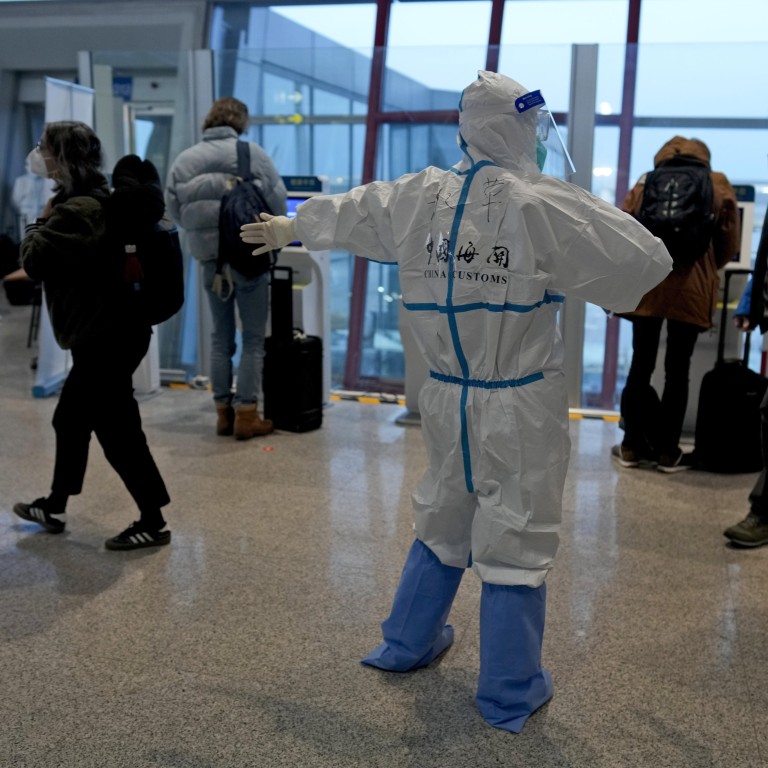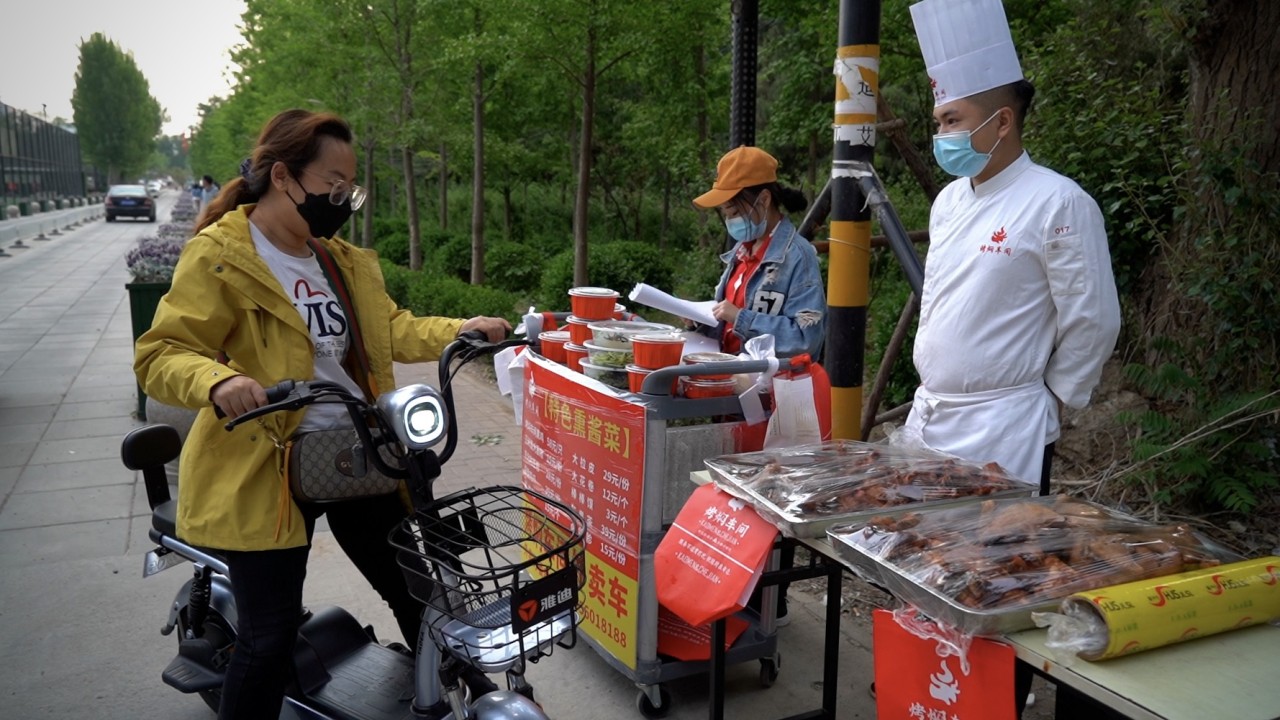
Coronavirus: China travel made easier from more than 12 countries, including Britain, France and Japan
- Negative PCR result from a week ago and antibody test no longer required, multiple embassies say, days after similar notice for US flights
- Effective times vary from immediate to weeks later in June, but mandatory quarantine on arrival to stay
Travellers from at least a dozen other countries, including Britain, France, Spain, Poland, Japan, South Africa and Chile will now require only two RT-PCR tests carried out at varying times before departure.
Passengers from some, like those in the US, will still be required to produce a negative antigen test result from within 12 hours before the flight, taken at institutes designated by Chinese authorities.
Passengers can upload their test results to the designated site and apply for health QR codes – which are mandatory for entry to China – before the flight, the notices said. Effective dates for the relaxations vary from immediate to as late as next month.
China’s zero-Covid policy: how does it work?
After landing in China, however, travellers must still serve mandatory quarantine according to the requirements of their arrival city.
The capital Beijing, for instance, revised its entry policy recently to cut centralised quarantine from 14 days to 10 for returning residents, followed by seven days of home isolation.
According to the Chinese missions abroad, the policy shifts for overseas travellers are the result of the “characteristics of the virus variant and development of the pandemic”, and will be subject to change as the situation develops.
Even though entry restrictions have been relaxed to varying degrees, China is still on high alert about imported cases as it insists on its “dynamic zero-Covid” policy.
Tough preflight quarantine rules are still imposed by some Chinese embassies that have relaxed Covid-related travel restrictions. The embassy in Egypt, for instance, requires passengers to go through a five-day closed-loop quarantine period before their flight.
Only a handful of Chinese cities have been opened up to international travellers so far, as China wants to use these as a quarantine buffer zone before allowing arriving passengers to travel to other parts of the country.
The World Health Organization has questioned China’s continued reliance on its strict zero-Covid strategy dating back to 2020, despite the emergence of vaccines and new, more infectious variants.
On Friday, China logged a total of 193 confirmed cases, 17 of them from overseas, and 990 asymptomatic infections, 51 of them imported. Only symptomatic cases are recorded as confirmed by Chinese health authorities.

.jpg?itok=H5_PTCSf&v=1700020945)

